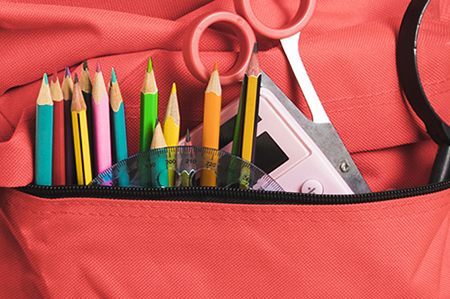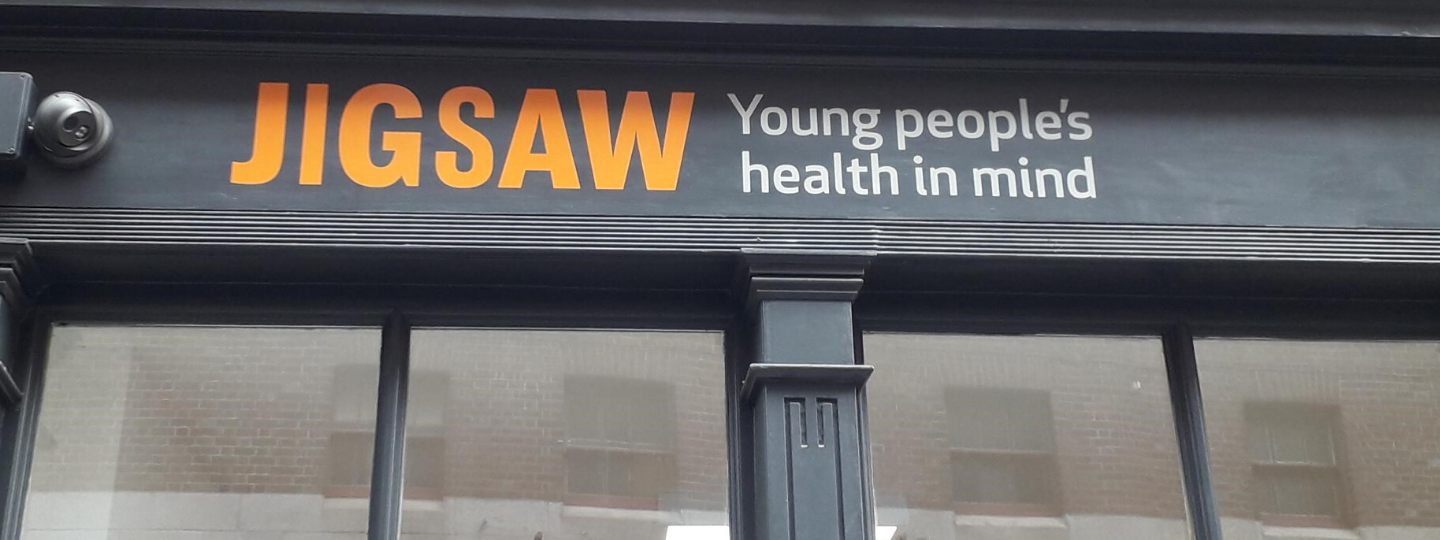This section of the toolkit will explore what supports help-seeking and invites young people to identify supports in their lives.
It will also explore what they are looking forward to about their new schools.
Category: School
Section 3: Strategies to support youth mental health
This section of the toolkit will explore simple and practical strategies that young people can use to look after their mental health and wellbeing.
For some young people this change may bring with it more challenges than others. It can be useful for young people to identify who they can turn to in their existing support networks that they trust.
Section 1: Exploring attitudes and feelings towards change
This section of the toolkit will help young people to explore their attitude towards change and the variety of feelings they can experience when transitioning from primary to post-primary school.
During times of uncertainty or change, young people can experience a range of feelings. For those who find this change difficult, it can have an effect on their mental health and wellbeing. Exploring some of these topics can help prepare young people for the change ahead.
How do I access Jigsaw?
Are you aged 12 to 25 and looking to get one-to-one support with your mental health? If so, your local Jigsaw service can help.
Getting in touch
Start the process by calling or emailing your local Jigsaw service yourself. Your parent or guardian, or teacher, doctor, or youth worker can also take that first step, contacting the service for you with your permission.
If you are under 18, Jigsaw requires that an adult consent for you to attend. That means we need to check with your parent or guardian and let them know you want to attend our service.
However, it does not mean we have to tell them why you want to come to Jigsaw. We will discuss what we can keep confidential with you when you come in.
Once you get in touch, a member of staff will ask you for some basic details. If you both decide Jigsaw is the right service for you, they will organise an appointment for you with a Jigsaw Clinician.
If your situation is more complicated, they might arrange for a Jigsaw Clinician to call you back. This will be to discuss things in a bit more detail before deciding on the next steps.
What is a Jigsaw service?
Jigsaw is a mental health service. But more specifically, it is an early intervention service for young people at primary care level.
Cyberbullying
In the last few years, cyberbullying has become an umbrella term for lots of negative behaviour online.
What is cyberbullying?
Essentially cyberbullying is bullying online, and it can take many different forms. Sometimes it is easily recognisable and others not so much.
It can be 24/7 with seemingly nowhere to get away from it. One of the drawbacks of the connectivity in our pockets is we’re always accessible.
Generally, cyberbullying doesn’t happen in isolation. It tends to be a part of traditional bullying. The bully is often someone known to the person on the receiving end of it. This is even if the activity seems to be done anonymously.
Cyberbullying can take obvious forms such as name calling, putting someone down or abusive comments on posts, images or videos. Then there are less obvious forms, only really felt and understood by the person on the receiving end of it.




